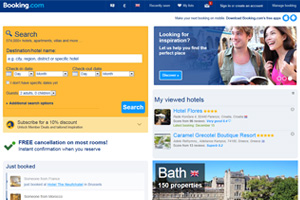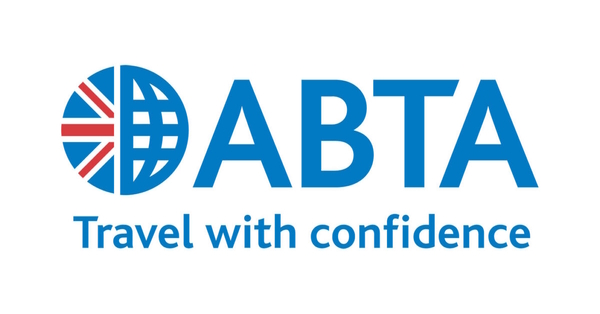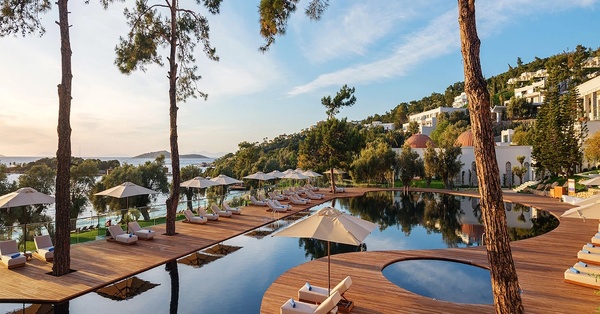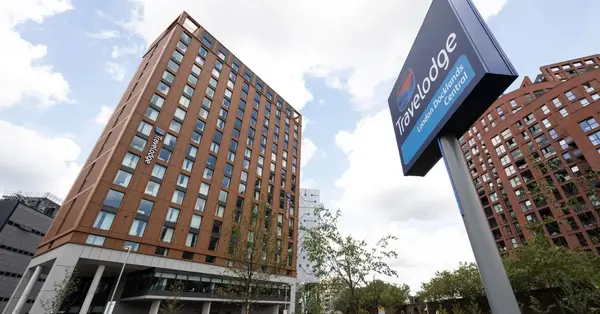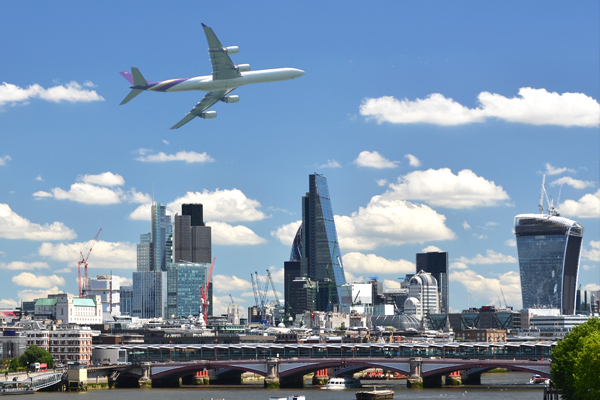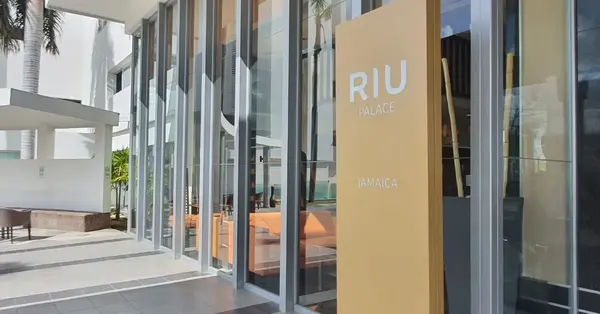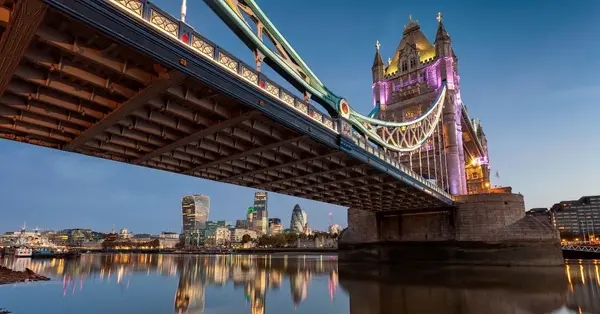You are viewing 1 of your 2 free articles
Three countries agree hotel pricing deal with Booking.com but critics say it doesn’t go far enough
A settlement over hotel price competition has been agreed by Booking.com with French, Italian and Swedish authorities.
The three countries, working together and in co-ordination with the European Union, challenged Booking.com over its practice of fixing prices with hotels on its website so that it always had the lowest rate.
Booking.com will allow hotels on its site to offer cheaper rates through other online travel agents and on the telephone, but not via their own websites.
Darren Huston, the chief executive of Priceline which owns Booking.com, said that the agreement was a “good step forward”.
He added that the deal had been fully agreed by the countries together with the EU and that “other countries are paying attention to it,” the Financial Times reported.
The UK Competition and Markets Authority was ordered by the Competition Appeal Tribunal to re-open an investigation into price-fixing between hotels and online travel agents last year.
The CMA said that the outcome of the European inquiry was “of direct relevance to our investigation” and would “influence our final decision”.
German authorities ruled in favour of free price competition earlier this year and criticised Booking.com for non-compliance.
Booking.com has more than 41% of Europe’s €43.9 billion market for air travel and hotel bookings, according to Phocuswright.
Critics told the FT that the ruling would do little to open the way for real competition in a market that has become dominated by Booking.com and Expedia.
“Hotels would have to undercut their own websites and also pay commission to offer a better rate to a smaller online travel agent,” said Carolyn Jameson, general counsel of Skyscanner, which has challenged Booking.com and Expedia in the UK.
Dorian Harris, chief executive of OTA Skoosh, which brought the first competition complaint in the UK in 2010, said: “It doesn’t help competition and it’s terrible for the consumer – hotels can’t offer them anything but the same price they offer Booking.com. And there are very few rival travel agents in the market.
“We’re now formally allowed to undercut Booking.com,” he added. “But I’m not daft. When Booking.com starts to penalise hotels giving Skoosh a price advantage, which they will of course, the hotel will have to side with Booking.com.”
Harris said that smaller websites had been shut out of the market because they could not compete with Expedia and Booking.com either on price or on marketing.
Priceline raised its spending on advertising by 34.5% to nearly $2.6 billion last year.
Accor, Europe’s largest hotel group by number of rooms, said that the decision had “partially” met its expectations.
But it warned: “For this decision to have a real impact and unleash a drop in online travel agents’ commissions, Expedia and all the other online players will have to agree to the same commitments, allowing real competition to develop.”
Expedia said it was still in discussion with France, Italy and Sweden and hoped to “achieve a resolution in the near future”.

